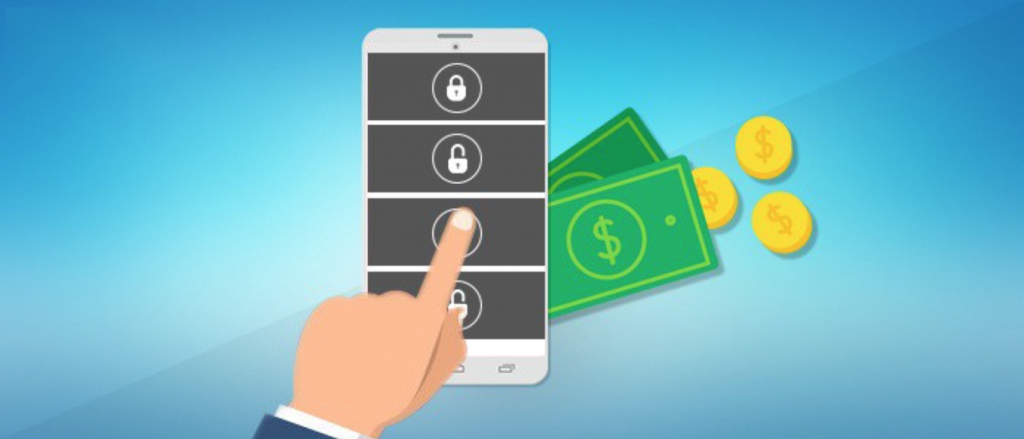Over the last three months, I’ve found myself using and searching out many different education apps. I’ve been thinking “could I make something like this”? Through this exploration, I’ve noticed several different payment models. Some I encounter with moral resistance while I find others easy to justify. I’ve not been able to find much information on the effects of these different monetization models on students. I’m hoping this discussion can lead to some interesting insight.
Freemium– You give your customers a condensed version and recommend they purchase the whole version if they want.
Free Trial– Offer users complete access for a short period to all app functionality and invite them to pay if they want to proceed after the expiry of the trial.
Paid App– You can set a fair price and earn money from a premium edition of the education application by providing an appealing interface and exciting functionality.
Advertisement – Are the most common monetization model since the platform is free of charge to consumers.
Data Monetization – Collect customer data like orientation, academic records, and demographic details. You can later sell all the collected data to several companies including research agencies.
White labeling – If you’re successful, you can make money by selling the brand or concept.
Discussion Questions
What is the best monetization model in regards to its effect on the students and the school?
Is monetization something that you view as a negative when engaging in a new education app, or do feel good about paying for apps that provide engaging learning opportunities?
What model is the most unappealing to you and why?
https://www.sciencedirect.com/science/article/pii/S0167811619300473

I should think it necessary for us, as educators, to resist implementing any app or similar technology based on an end-user licensing model, and that goes double if that model includes “tier” licensing (e.g. “Basic”, “Deluxe” and “Premium” feature sets and pricing). The detrimental effect of the obvious and inevitable inequity among students should be self-evident.
But if an application or technology has real educational merit, I would hope that institutions might consider site-licensing, if available — if they want their students to have access to the best tools, it might have to be another line item.
One further monetization model — used at one time by resellers of various flavours of the operating system Linux — is to provide the product for free, but make your living from hosting, training or support. I wouldn’t mind seeing vendors of social-valuable products like educational tools take that approach, but of course the maker of the very best [app you want] may have other ideas for how to monetize and as with games, productivity apps and other tech, it comes down to a cost-benefit analysis independent of the monetization model. If it’s good, we’ll probably pay.
An aside: last night I was ruminating on “microtransactions” — remember them? The idea being that we would have a seamless and easy way to pay for things on the web, in increments that would be too small for a regular e-commerce transaction. We might, for example, pay a nickel to read an article, or a penny to view a weather report. Of course the barriers to microtransactions also serve as a barrier to every resource on the web becoming “pay-to-play” overnight. If microtransactions had taken off like some thought, we’d probably be paying something for just about everything, and I have to think the nickels and dimes would add up. Fascinating monetization model, even if it scares me a little.